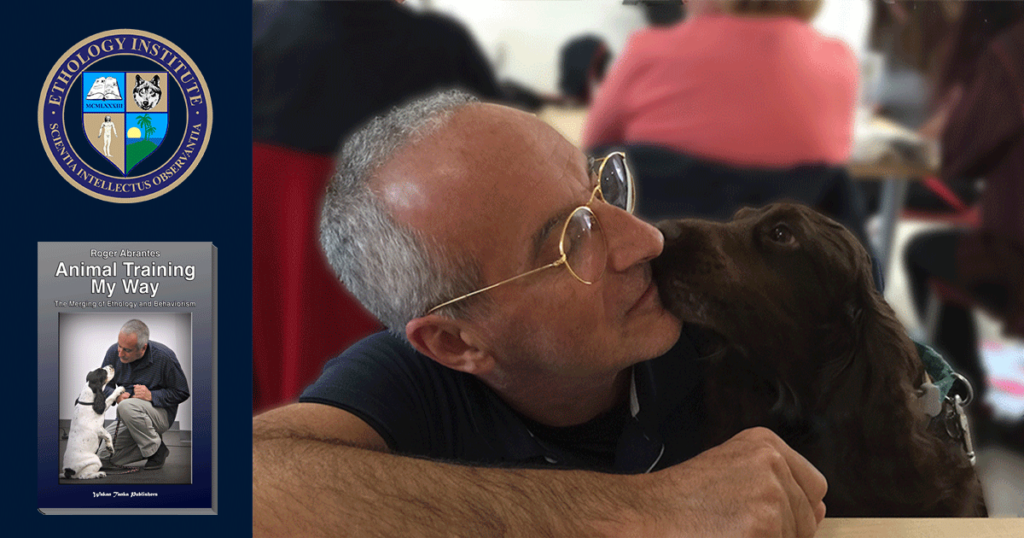If you ask me “Can my dog be happy or sad?” I will ask you back “Can you?” and if you answer, “Yes, of course,” then I’ll say, “In that case, probably so can your dog, albeit differently from you—a difference of degree, not of kind.”
Anthropomorphism means to attribute human characteristics to (other) animals. The argument for anthropomorphism is valid enough: if I can’t prove (verify) something, I’d better disregard it (at least scientifically)—and I can’t prove that my dog is happy, sad, or loves me.
Yet, it seems to me, that the opposite (of anthropomorphism) is as wrong. It is true that we can’t prove whether an animal can be happy or sad, but we can’t prove either that it can’t. As Carl Sagan wrote, “Absence of evidence is not evidence of absence.” We know nothing about one or the other. All we can see is behavior and the rest is guesswork.
If it is a sin to attribute human characteristics to other animals, it must also be a sin to say that because we do, they don’t, because we can, they can’t.
Bottom-line: Don’t assume that others feel the same as you do, not your fellow humans, not other animals. Don’t assume either that they don’t, because they might.
Life is a puzzle, enjoy it!
Featured image: If it is a sin to attribute human characteristics to other animals, it must also be a sin to say that because we do, they don’t, because we can, they can’t.
Learn more in our course Ethology and Behaviorism. Based on Roger Abrantes’ book “Animal Training My Way—The Merging of Ethology and Behaviorism,” this online course explains and teaches you how to create a stable and balanced relationship with any animal. It analyses the way we interact with our animals, combines the best of ethology and behaviorism and comes up with an innovative, yet simple and efficient approach to animal training. A state-of-the-art online course in four lessons including videos, a beautiful flip-pages book, and quizzes.


